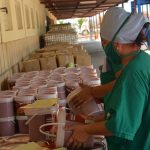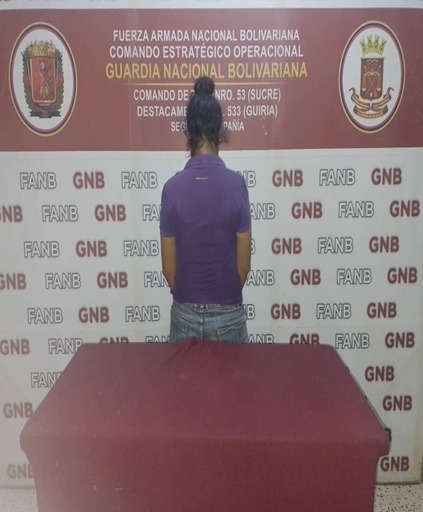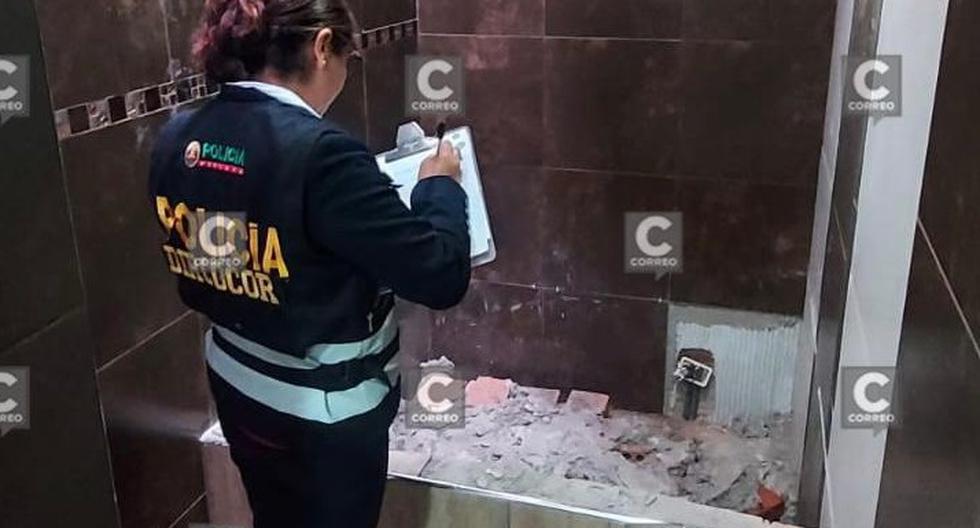Iván Tovar’s universe is a source of references that traces infinite bridges through which we can travel in different directions. When consulting Mercer Kobena in the book “Annotating Art’s Histories, Cosmopolitan Modernisms” (2005), we give merit to the affirmation of the teacher Ada Balcácer that she has located the surrealist pantheon of America in the Caribbean.
And it is that from the first visit of André Bretón to the Dominican Republic (1941), the living seed of one of the most significant artistic movements of the 20th century remained, which finds in Iván Tovar, one of its greatest exponents.
Kobena explains that “it is in the Caribbean where surrealism has made one of its significant interventions, something that I have investigated in its generality in other places. Certainly, it is as a process of communicating vessels that the relationship between surrealism and the Caribbean must be understood; It is neither surrealism in the Caribbean nor Caribbean surrealism, but rather what happened when surrealism and the Caribbean intertwined. It is, then, the story of an encounter that forged a dynamic in which Surrealism and the Caribbean reciprocally energized each other for those Caribbean artists drawn to it. Surrealism certainly did not offer a closed template from which to draw inspiration, but provided a point of convergence and interaction, within which they could achieve and extend their freedom of expression”.
Likewise, the specialist comments that “… apart from Lam, the artists who came from the Caribbean to surrealism have been little studied and, briefly reviewing their work, I hope to be able to specify the existing problem between cultural heritage and belonging to bring to light more clearly the critique of cultural diversity that seems to be implicit in surrealism (and made explicit in Le Brun’s creole critique). These four artists -Agustín Cárdenas, Jorge Camacho, Iván Tovar and Hervé Télémaque- share that, beyond their connection to surrealism and the fact that they were all born in the Caribbean, they have been voluntary exiles, having all lived most of their lives in France”. (The translation of the texts is ours).
















